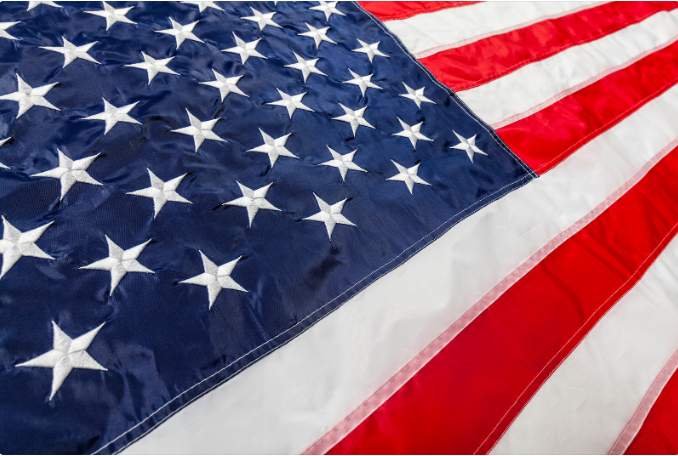
This is the story of two men.
Two vastly different backgrounds.
Two vastly different ambitions.
Here’s how they found themselves on a collision course with destiny.
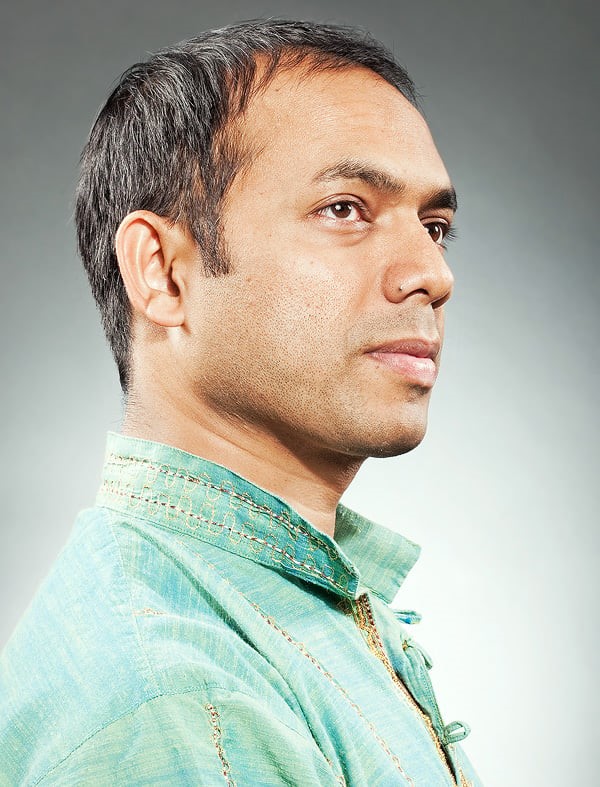
Source: D Magazine
The first man was Raisuddin Bhuiyan:
- He was from Bangladesh, and he was serving as an officer in his country’s air force. Then when his life suddenly took a turn and changed forever.
- Bhuiyan discovered that he had won an American visa through the Green Card Lottery. This was an incredible stroke of luck. The odds were astronomical. Only 50,000 people are chosen annually for this golden opportunity.
- So, in 1999, Bhuiyan arrived in New York. His goal? To study computer technology. He was excited and optimistic. He was determined to pursue the American dream. Wanting to better himself. Wanting to build a better future.
- In his words: ‘I love the country, love the people, love the culture, and I felt I found my second home.’
- Bhuiyan’s path eventually led him to Dallas, Texas. A friend had offered him a partnership at a gas station, and he saw it as positive stepping stone forward.
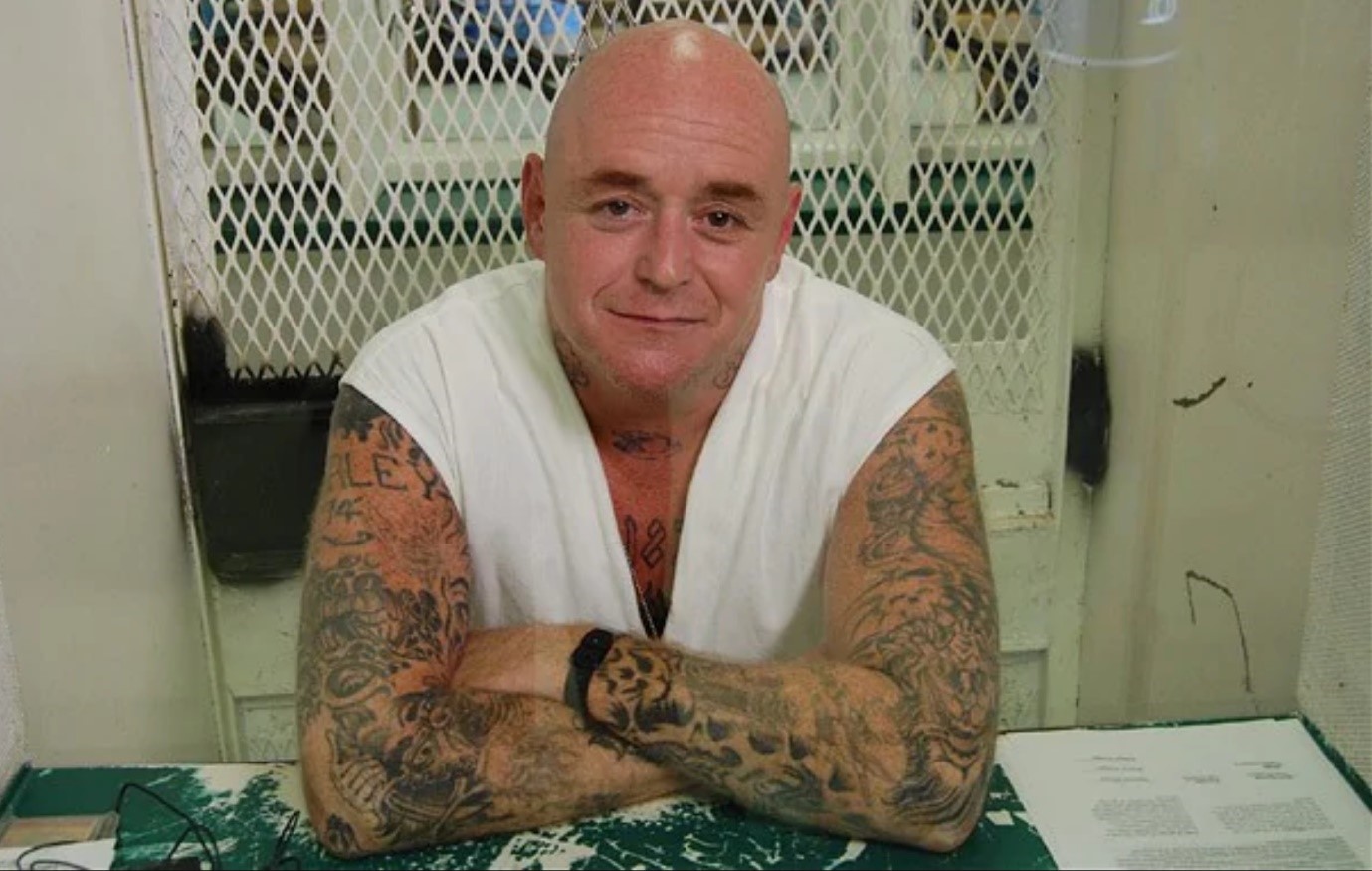
Source: World Without Hate
Meanwhile, the second man was Mark Stroman:
- He was born and bred in Dallas, Texas. He had endured a childhood that was harrowing. Abuse and poverty had left lasting psychological damage on him.
- Drifting, Stroman desperately sought a sense of purpose. He felt like he had found it when he became a member of the Aryan Brotherhood.
- Stroman committed petty crime like credit-card fraud, as well as more serious offences like robbery. This led to him spending stretches of time in prison. His attitudes hardened into extremism. His body was tattooed with neo-Nazi imagery. He came to identify himself as a white supremacist.
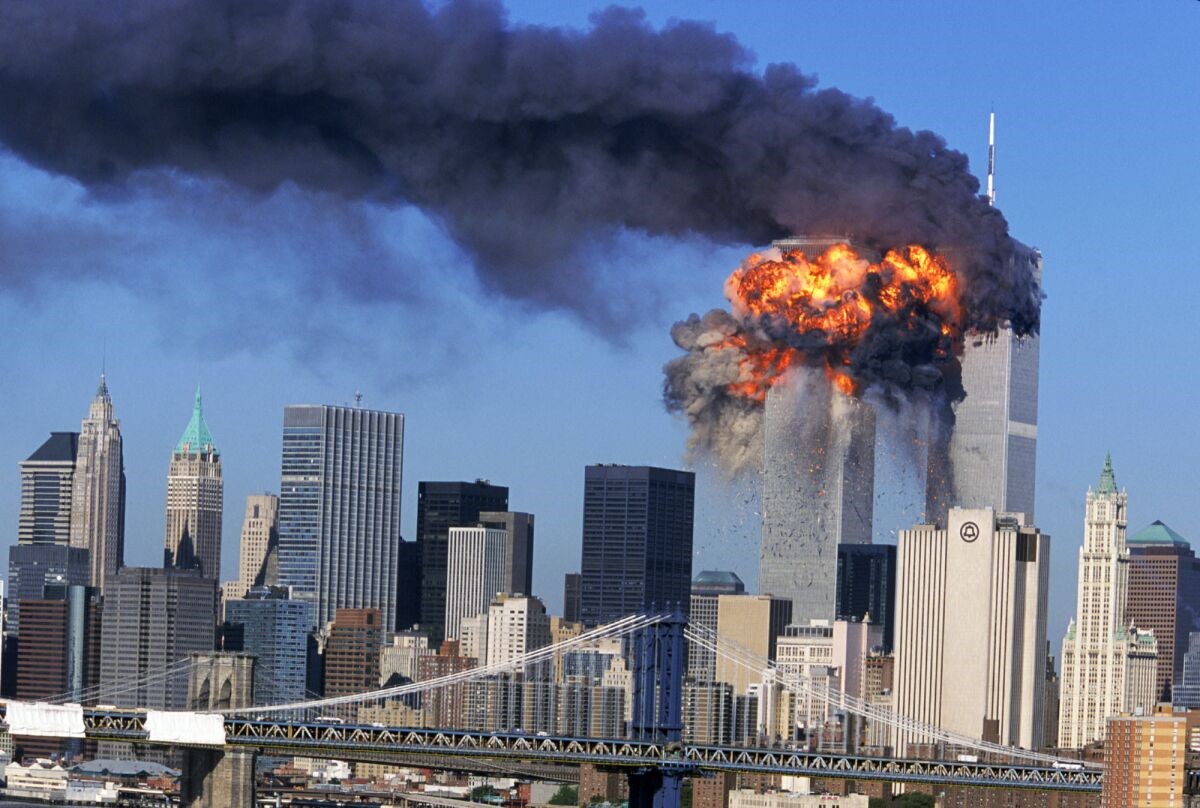
Source: Los Angeles Times
That’s when 9/11 happened. This was a seismic event. A total event. And overnight, the American security landscape was transformed forever. The nation found itself plunged into the War on Terror:
- Mark Stroman watched 9/11 unfold on television, and he was enraged. He immediately saw himself as a foot soldier in this new war.
- He felt like he needed to something. So he armed himself, and he went around Dallas, searching for Muslims.
- On September 16, Stroman entered a convenience store. He shot Waqar Hasan, a Pakistani immigrant.
- Then, on September 21, Stroman entered a gas station. Unfortunately, this happened to be Raisuddin Bhuiyan’s workplace. Stroman confronted Bhuiyan and shot him.
- Then, on October 4, Stroman entered yet another gas station. He shot Vasudev Patel, an Indian immigrant.
- On October 5, Stroman was finally captured after a manhunt.
By the end of this bloody rampage, two people were dead. Bhuiyan would be the only survivor:
- Fortunately, the shotgun blast to Bhuiyan’s face was a glancing one — but the aftermath was still devastating.
- Bhuiyan’s road to healing and recovery would be long. He would forever suffer from partial blindness in his right eye.
Meanwhile, Stroman regarded himself as an American patriot who had struck a blow against radical Islam:
- Stroman was brash. He was unrepentant. He was proud of what he had done.
- However, the law took a dim view of his actions.
- Stroman was convicted as a murderer. And he needed to be punished. Only the ultimate sentence would suffice. The death penalty; blood for blood.
But here’s where our story takes a surprising turn:
- Even though his American dream had been shattered by the crime, Bhuiyan managed to pick up the pieces of his life.
- He started to look beyond the tragedy. Was there any deeper meaning to what had transpired? What was the right way to react to it?
- He decided that he needed to move away from hating Stroman. He needed to embrace empathy. He needed to find it in himself to forgive Stroman.
In Bhuiyan’s words:
‘Instead of hating him, I saw him as a human being like me, not just a killer. I saw him as a victim, too, and I deeply felt by executing him we would simply lose a human life without dealing with the root cause.’
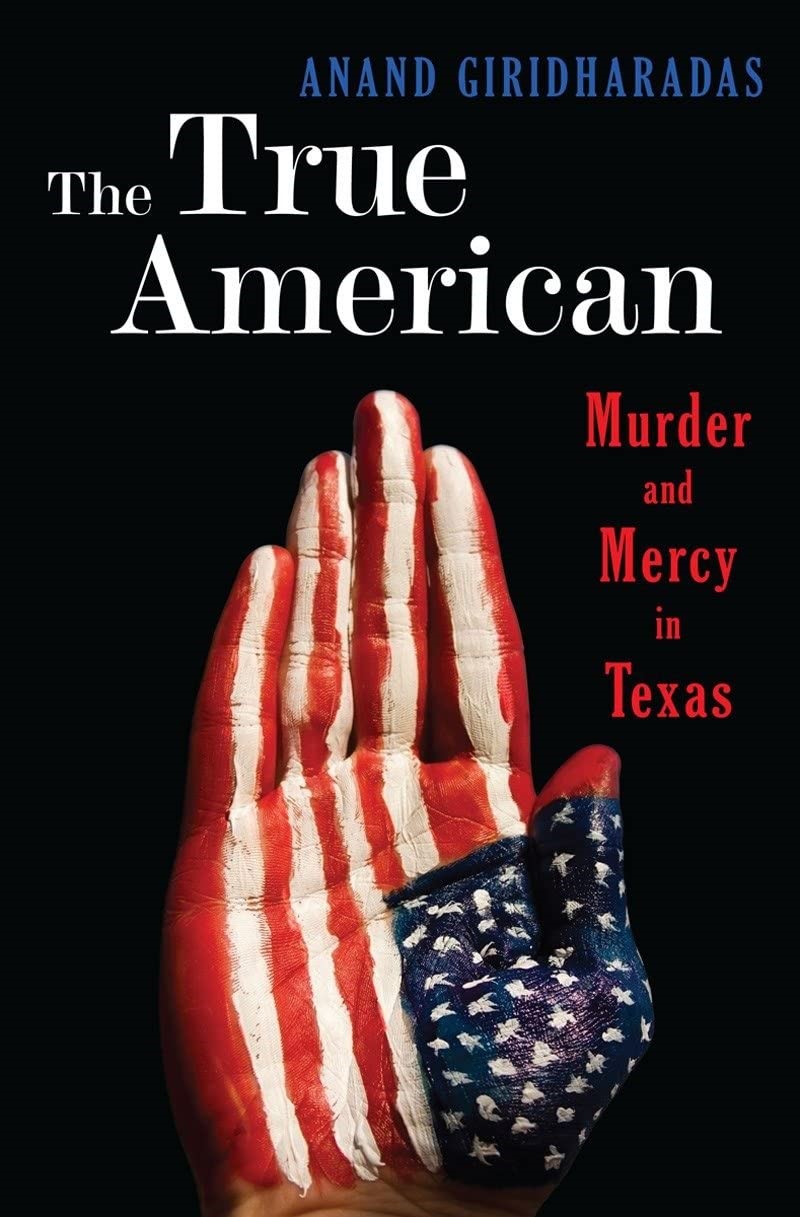
Source: Amazon
Bhuiyan’s journey is documented, in moving detail, in the book, The True American:
- Incredibly enough, Bhuiyan actually mounted a legal appeal to save Stroman’s life. Bhuiyan fought hard to overturn the execution — and in the process, both men formed a close friendship that transcended cultures.
- Stroman recognised the error of his ways, and he apologised for the pain that he had inflicted on Bhuiyan. He acknowledged that his troubled childhood and criminal affiliations had led him down the wrong path.
- Bhuiyan’s appeal went all the way up to Texas governor Rick Perry. Unfortunately, Perry was adamant that the execution had to go ahead — and all remaining legal avenues were exhausted.
There was nothing more that could be done. So, in the end, Bhuiyan had a final phone call with Stroman:
‘I told him, “Mark, I never hated you and I forgave you.” He said, “Rais, I never expected this from you. I love you, bro.” As soon as he told me that, it just brought tears like a flood in my eyes.’
Stroman was executed on July 20, 2011. His last words were recorded. They were of profound regret:
‘One second of hate will cause a lifetime of pain.’
Later, Bhuiyan would reflect upon his journey with Stroman. His sadness was clear:
‘We tried so hard to keep a human being alive. It took a few seconds to kill this human being but what did we achieve? Nothing.’
Yes, this is the story of two men:
- Two vastly different backgrounds.
- Two vastly different ambitions.
- And how they found themselves on a collision course with destiny.
But this is also a story about the fabric of America:
- It’s a place where hate and love; tragedy and redemption; despair and hope — they can all intersect in the most unlikely of ways.
- Truly, all things are possible in this dynamic country.
So, today, Raisuddin Bhuiyan leads his own non-profit organisation called World Without Hate:
- His mission? Trying to foster understanding. Perhaps put an end to the same cycle of prejudice that have damaged people like his friend, Mark Stroman.
- It’s a huge ask. The road ahead isn’t straightforward, nor is it easy — but this has become Bhuiyan’s American dream now.
Ultimately, Bhuiyan treats his experience as a blessing, not a curse:
‘If we decide to get beyond hate, we can do it. Americans are capable of extraordinary compassion and grace when they open their hearts.’
Regards,
John Ling
Analyst, Wealth Morning
The post Who’s a True American? Tragedy and Hope After 9/11 appeared first on Global Opportunities Beyond the Radar.


